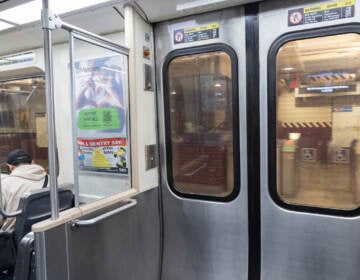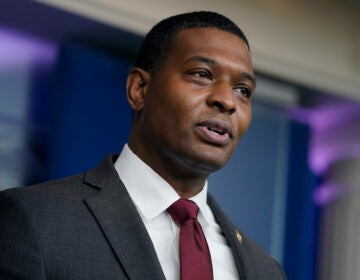Keystone Crossroads: Wolf directs state planning board to consider policies to help older cities

At the Keystone Crossroads conference in May, Governor Tom Wolf called out a long list of state policies he believes put Pennsylvania’s older cities at a disadvantage, along with some potential fixes.
One of the fixes Wolf mentioned was empowering the State Planning Board to take a more active role in shaping better state-level urban policies, though it wasn’t clear what the Governor had in mind specifically at the time. Then last weekend, the administration followed up with some more specific directives to the Planning Board, tasking them with working on three issues: funding transportation, addressing fragmentation in local government, and supporting Pennsylvania’s older cities and towns.
Wolf specifically asked for “consensus recommendations” for possible state policy changes or legislation addressing the following questions:
- How can state and local infrastructure funding be better coordinated to provide incentives for regional planning, coordination between local units, right-sizing of services, and increased efficiency?
- How does the fragmentation of government at the state, county, and local level affect decision-making on issues such as school funding? Pennsylvania has over 5,000 governmental units, each of which has authority for specific functions. How does this decentralization of planning affect outcomes and are there policy suggestions which could remedy problems or inefficiencies which are identified?
- How can the state do more to support Pennsylvania’s struggling older cities and towns? Identify policies, including tax policies, which contribute to the divide between urban and suburban areas, and to the twin challenges of concentrated poverty and sprawl.
The State Planning Board is an unsung advisory board within the Governor’s Office that provides policy research and strategic planning, monitors statewide trends, and identifies issues and opportunities of interest. It rarely makes headlines, but its level of activity has varied based on who sits in the Governor’s mansion. Speaking with Keystone Crossroads after his speech at the conference in May, Wolf commented that the board was a lot more active under Governor Ed Rendell, and became less active under Tom Corbett.
WHYY is your source for fact-based, in-depth journalism and information. As a nonprofit organization, we rely on financial support from readers like you. Please give today.






